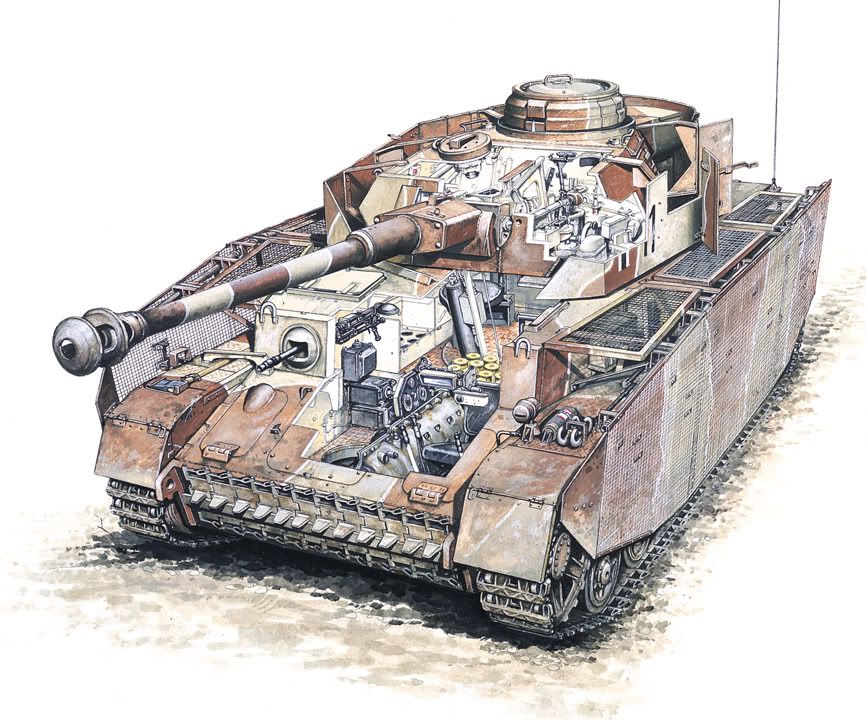
Crew . 5
Speed . 40 km/hr
Range . 200 km


Posts: 3787


Posts: 978
Posts: 17914 | Subs: 8
Posts: 1571
Posts: 17914 | Subs: 8
Posts: 123
Posts: 4928
In my opinion they should change the P4 to the PIII/ J in t3. they wouldve 50mm hull and 50mm Turret and only a 50mm Gun. So the T34/76 could better counter T3 without that stupid ram ability. and send the P4 to T4
Posts: 1571
Posts: 978
Panzer III 50mm Long would be losing out to the T-34/76 as far as
On 'paper' the Panzer IV H was supposed to be well armored (bouncing Sherman 75 and T-34/76) but I have never encountered anything in history that has indicated that the P4 could not be easily penetrated from the front.
Posts: 1571
Posts: 978
I'm talking about actual combat reports and accounts from books- not wiki'. I've never read of an account of shots bouncing off the P4's front.I can´t completely follow this logic. Tungsten rounds which greatly improved performance in regard to armor penetration weren´t very common. M4 Shermans, even with the 76mm gun didn´t get them in the west until 1945. Those were reserved for the tank hunters.
The 80mm vertical was a very theoretical protection that was within the upper limits of the 76mm/75mm's performance. Special AP rounds were enough to go through it although conventional AP rounds were less certain.
The IV-H was very much a late war tank..within the last year of the war sort of business. T-34/85's, Shermans 76/Fireflies had proliferated greatly since then- the latter often encompassing half of tank platoons and the former being universally adopted by tank units.I´m not comparing the Panzer IV to the later Shermans and T-34 here. I´m talking about the time from early 1943 - summer 1944, were Soviet tank losses increased drastically. This actually has to do with the upgun and increase of protection on the Panzer IV. Actually Shermans were mostly 75mm versions in Normandy. Allies were surprised to see an increasing number of Panthers and only by August there was an increasing number of 76mm armed Shermans available. The British meanwhile had the Firefly, but only 1 of 5 Shermans was this version. The Germans in the defensive role thus picked Fireflies out first.
Posts: 1571

 2
2 Posts: 2181
Posts: 1571

 |
|
|
88 | ||
 |
|
|
55 | ||
 |
|
|
851 | ||
 |
|
|
52 | ||
 |
|
|
4 | ||
 |
|
|
2 | ||
 |
|
|
2 | ||
 |
|
|
1 |
 cblanco ★
cblanco ★  보드카 중대
보드카 중대  VonManteuffel
VonManteuffel  Heartless Jäger
Heartless Jäger 